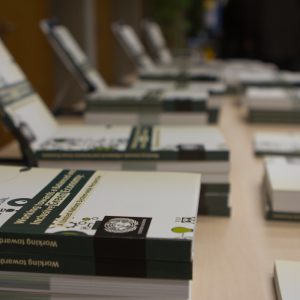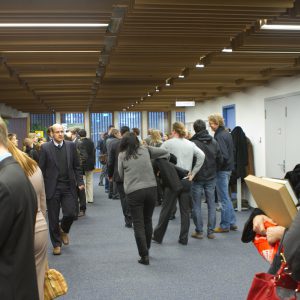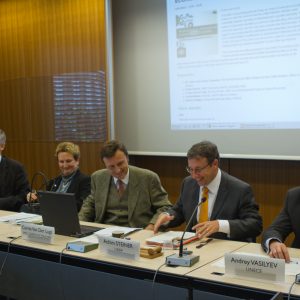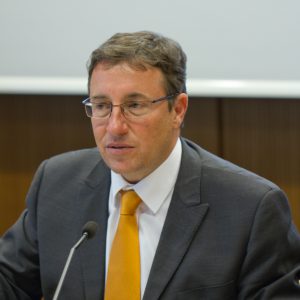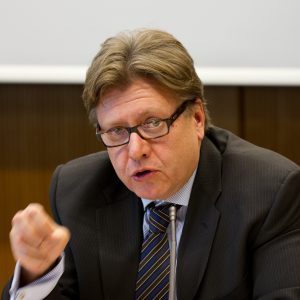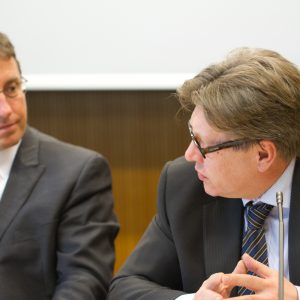Événement
Inter-Agency Report on Green Economy Presentation

25 Jan 2012
11:15–12:45
Lieu: International Environment House II
Organisation: Geneva Environment Network
The EMG’s Issue Management Group on Green Economy was tasked to prepare a report to assess how the United Nations system could coherently support countries in transitioning to a green economy. The report is expected to facilitate a common understanding of the green economy approach and the measures required for the transition. The report is also envisioned to contribute to the preparatory process for the 2012 United Nations Conference on Sustainable Development (UNCSD or Rio+20) where “the green economy in the context of sustainable development and poverty eradication” is one of the two themes.
The UN Environment Management Group (EMG) Secretariat & the Geneva Environment Network (GEN) Secretariat organized a presentation of the EMG Report “Working together towards a balanced and inclusive green economy: A UN system-wide perspective” at the International Environment House II, on Wednesday 25 January 2012.
The report is available from the EMG website in pdf format.
UNDP highlighted the important work done at the regional and country level creating a better synergy between its different components to target green economy at the country level and achieve the objectives of the MDG. Our obligation as UN is to work at long term, while at local level short term mandates don’t always permit it. The social strand is extremely important. The human development index and the ecological footprint need to be integrated in economic decision making. The country-driven approach proposed by UNDP should bring an important contribution to the Rio+20 conference.
The role of UNDESA in the preparation of Rio+20 was also highlighted.
UNECE believes that green economy is essential to achieve sustainable development, and is linked to both three pilars. The work of EMG in preparing this report has been very important. The UNECE approach to green economy is pragmatic, dealing with various economic sectors, as transports, energy, etc. For example, in transports UNECE deals with cutting emissions and greening standards. The transition is the speciality of UNECE and one of the lessons learned is that it’s the outstanding opportunity to make things right. Public-private partnerships are also important.
Questions and remarks from Denmark, Ethiopia and UNITAR highlighted the country level importance, methods developed by the UN agencies to implement new methods and new trainings on green economy. New forums are under discussion and human development goals that could help to achieve green economy and sustainable development. The approach need to be participatory at the national level.
2% of world GDP, as often stated by UNEP and its partner agencies, is enough to finance the transition to a greener economy. Public sector has an important role to play. The role of the UN is also to provide capacity building to contribute to the transition.
Panelists
- Achim Steiner, UNEP Executive Director, and EMG Chair
- Cornis Van Der Lugt, Technical Editor, EMG Issue Management Group on Green Economy
- Cécile Molinier, Director, UNDP Office in Geneva
- Andrey Vasilyev, Acting Executive Secretary, UNECE
- Moderation: Jan Dusik
More details
https://www.genevaenvironmentnetwork.org/wp-content/uploads/2020/05/emg_ger_jan_2012.pdf

